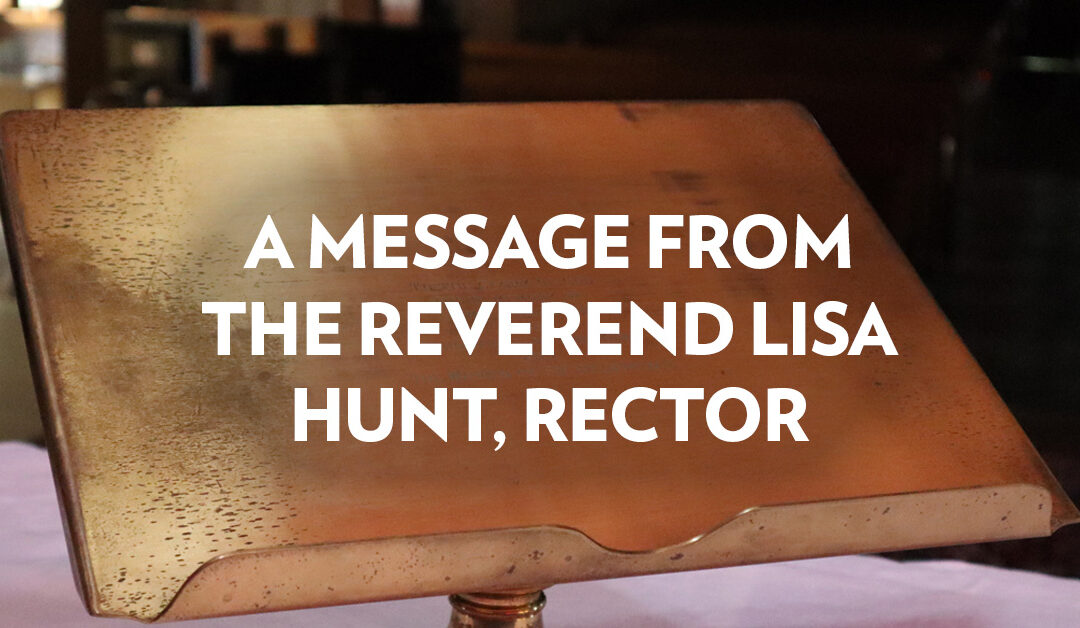Roz Chast, one of my favorite cartoonists whose work is published in The New Yorker magazine, wrote a memoir of her life with her aging parents as together they dealt with the painful decisions surrounding aging and moving from a cherished home and independence to assisted living and hospice. The title is a plaintive quote from her mother, “Can’t we talk about something more pleasant?”
While interdependence is always the truth of our lives, for many years we are able to avoid certain realities and talk about them. At the beginning and at the end of our life spans, we know our needs and communicate in very basic ways–cries and moans. Language gives us the opportunity to share more subtle longings… or not.
Often we prefer not to talk about the deeper realities and needs of our hearts, minds and souls. Rather than share our sadness, shame, regret, grief, fear, anxiety, humiliation, anger, we say, “Why can’t we talk about something more pleasant?” We prefer to skate on the surface. Nice is better than real.
For the next three weeks in our Sunday forum at 9:30 in the Havens Center we will be exploring some hard to discuss topics. This Sunday, Catherine Dewitt, a graduate counseling student, will be exploring death positivity, a movement that is seeking to foster conversations about death and dying in a culture that denies both. On April 21, we will be discussing the transition from one rector to another, the process, and the rationale behind the policies and practices in the Episcopal Church. The final week will focus on communicating about our physical health and challenges.
Since my announcement of my retirement I am having many conversations that are challenging, not necessarily unpleasant, but hard to engage. “Thank you,” “I love you,” “Can we be friends?” Not all difficult conversations evoke “negative” feelings; indeed most merely expose our vulnerability and humanity.
Let’s have a conversation, pleasant or not.
– The Reverend Lisa Hunt, Rector


